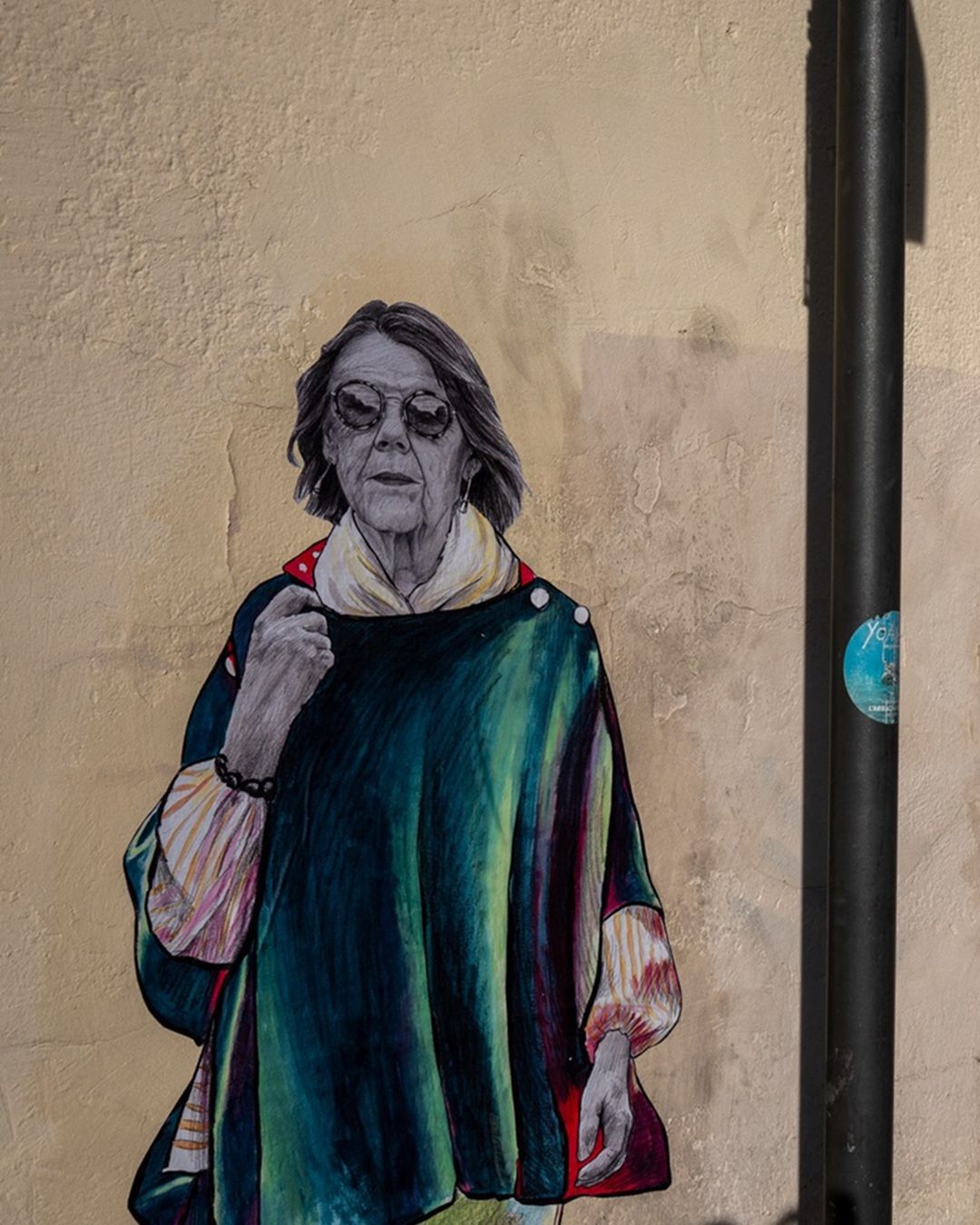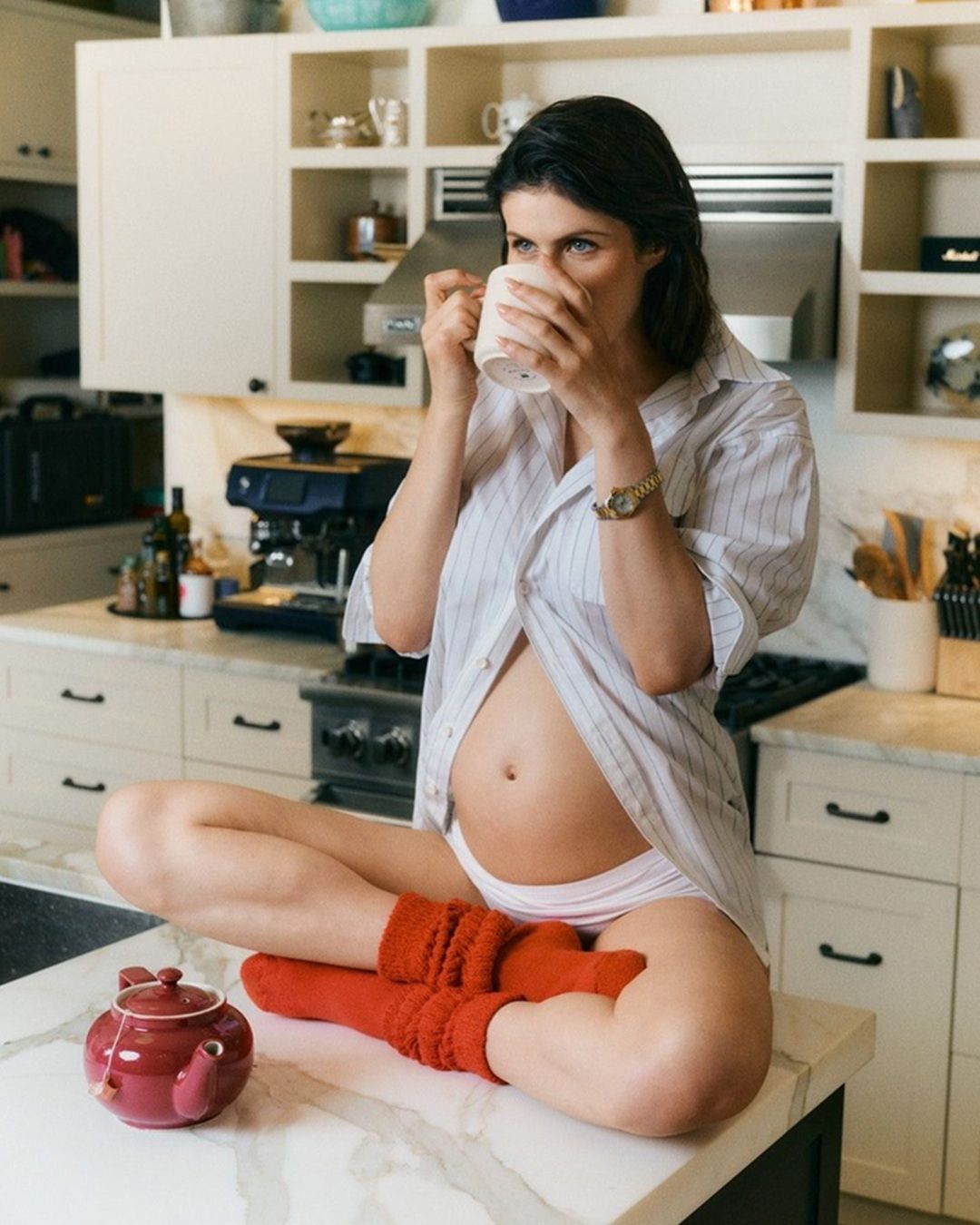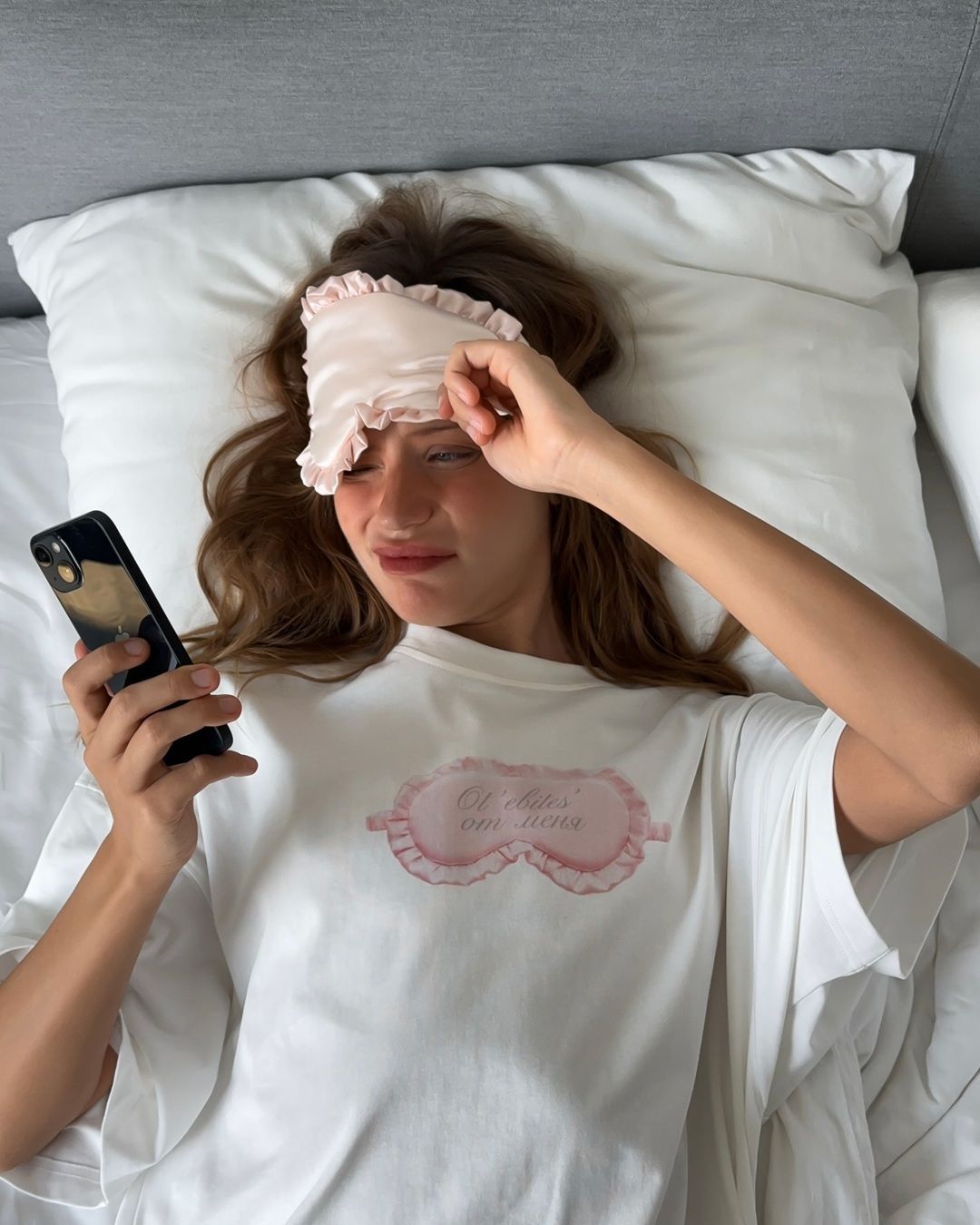
Online safety: Tinder's update and other 5 alternatives for women From the popular Bumble to the new The Sauce and S'More
If this really is the "Summer of Love" as Shawn Mendez sings, not even the heat will be able to take away our desire for some special encounters. Whether it's for an evening or a relationship, ways to find a partner today have multiplied thanks to the post-pandemic push of dating apps, but if you look wrong and in the wrong place the disappointment effect can always be around the corner. As in all searches, it is important to set criteria and carefully choose the tools, in this case apps, to sign up for, while also keeping in mind the dangers that can lurk behind blind dates. Fortunately, the magical world of UX design has created apps that allow, with different features, to learn specific information about the hypothetical partner before jumping headlong into a waste of time. Each app should be studied, known and selected according to one's interests to avoid catching a crab by fishing in the boundless sea of Tinder, frequented 85 percent by men as reported by a survey conducted by ProPublica and Columbia Journalism Investigations, but in which thanks to the new system of assistance and reporting, developed together with the famous American association RAINN moving safely is even easier.
The same study showed that in recent years more than 30 percent of users have experienced some form of sexual assault, and more than half of them said they had been raped by a contact from dating apps. This should not be a disincentive to approach, especially considering that according to another study between 2015 and 2019 most couples made their first contact on online platforms (at the time it was Facebook, feel old yet?), but it does prompt careful selection for the platforms one uses and knowledge of their online safety policies. So what are the safest dating apps?
Bumble
Bumble has always worked online and offline for women's rights, from "making the first move" to protect oneself from abuse. Over the years, it has helped draft a bill that made it a crime to send unsolicited obscene photos, and announced that it will offer free trauma support through Bloom (a distance learning provider for survivors) to users who report abuse, physical or emotional, and recently stated that it is investing in new measures to protect its 42 million users from sexual assault. Among these measures will be a computerised algorithm to detect user misbehaviour and a software programme to verify the authenticity of users' photographs. After the Roe vs. Wade ruling was overturned, the app, which was created with the goal of 'giving women control over their relationships so that they can live healthier and more equitable lives', made donations to the American Civil Liberties Union (ACLU) of Texas and the Planned Parenthood Federation of America and emphasises that it will 'continue to fight against regressive laws' that endanger women. Not enough? Bumble bans any form of body shaming and language that could be considered racist, fat-phobic, ableist, colourist, homophobic or transphobic.
Tinder
As anticipated, the online dating giant also continues to work on making its users' experience safer and safer and ensuring that it can notify of misconduct by community members. In an anti-scam document on the platform, Tinder suggests red flags to watch out for when suspecting a user, including "Avoid meeting IRL" and "Asks for too personal information," such as IDs. Thanks to the recent features "Would you like to reconsider?" and "Is this Message Bothering You?", with the former, it is possible to stall and reflect on the content of the message sent via an automated pop-up, while if the message is still sent, with the latter, a Pop-Up will also appear to the person receiving the message inviting them to report the content. For the safety of the LGBTQIA+ community, the Travel Alert feature, protects community members registered with Tinder when they travel to countries where their safety is not guaranteed by turning the service off and on.
Safer Date
Safer Date is the perfect dating app for those who want to be in full control of the situation and examine the verified data on the person they are about to date: it verifies the identity and background (including criminal records) of all users, providing a detailed sketch that avoids unpleasant surprises and definitely helps in skimming. Elaine Parker created the app after meeting on another platform what would become her abuser, so she came up with a design that put user safety first. When signing up for Safer Date, the first step is to take a selfie and be subjected to an identity and criminal record check, measures that greatly reduce the risks of catcalling and fake profiles. Potential harassment is addressed by allowing members to only send messages to someone they are matched with. In addition, there is a continuous check on exchanged content that automatically censors offensive images and language
The Sauce
The Sauce gets straight to the point: no traditional profiles, but photos (with the exception of the profile picture), and only spontaneous videos to get a real idea of the person you are talking to. Sachin Karia, who founded the app in 2022, promises new features such as adding music and video editing, and emphasises that his project is different from all other competitors because it offers people who might otherwise not get the chance (not being photogenic) to show how funny, nice and charismatic they are. The features of The Sauce make the app suitable for TikToker and younger users, it seems, in fact, that most of them are between 21 and 28 years old.
S’More
Those who experience dating as a boring whirlwind of disillusionment revolving around appearances and favouring good-looking people should give S'More a try. Here's how it works: users receive daily recommended profiles chosen especially for them by an algorithm that takes into account values, passions, preferences and behaviour. The novelty? Users can only see a blurred version of a potential partner's profile picture until they start chatting. The more time they spend exchanging messages, the clearer the pictures become. The idea is to encourage users to get to know each other and make emotional connections before seeing what they look like. In addition, the identity of each user of the app is carefully verified.
Her
It is one of the leading dating apps for queer, lesbian, bisexual, transgender women and, despite its name, HER, is also open to cisgender and non-binary people. Focused on the idea of community, it allows users to participate in group chats, find singles in their area or simply make new friends, but also hosts events and platforms for exchanging news. It exists in both free and premium paid versions.


























































